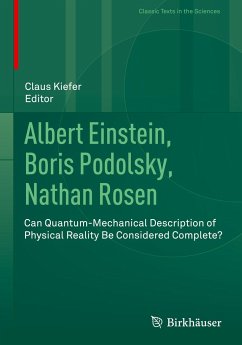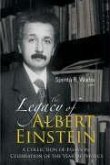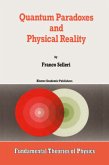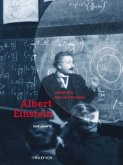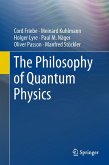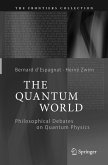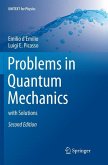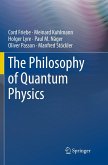The work published by Einstein, Podolsky and Rosen (EPR) in 1935 is a classic in modern physics. It discusses, for the first time, the central feature of the quantum theory: entanglement. In general, systems are intertwined with each other in nature; that is, they have only one common, non-divisible state. This fact is responsible for all the oddities commonly associated with quantum theory, including the famous thought experiments with Schrödinger's cat and Wigner's friend. The entanglement of quantum mechanics plays a central role in experiments with atoms and photons (Nobel Prize 2012 for Haroche and Wineland) and the planned construction of quantum computers.
This book presents EPR's original work amplified with a detailed commentary, which examines both the historical context and all aspects of entanglement. In particular, it focuses on the interpretation of quantum theory and its consequences for a basic understanding of nature.
This book presents EPR's original work amplified with a detailed commentary, which examines both the historical context and all aspects of entanglement. In particular, it focuses on the interpretation of quantum theory and its consequences for a basic understanding of nature.
"The book under review is fascinating. It gives a sweeping narrative of the progression of EPR idea on the incompleteness of quantum mechanics. ... I think it would be superfluous to outline a possible circle of readers of this magnificent contribution, 100 pages long, to the history and philosophy of quantum mechanics - this review, apparently, is so complete that readers will decide for themselves." (Eugene Kryachko, zbMATH 1508.81023, 2023)

